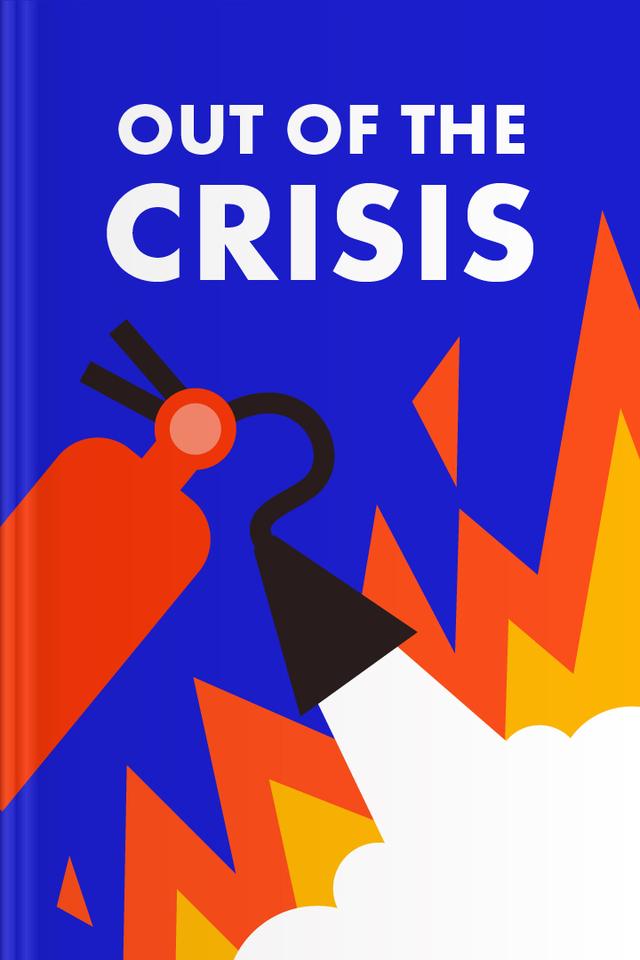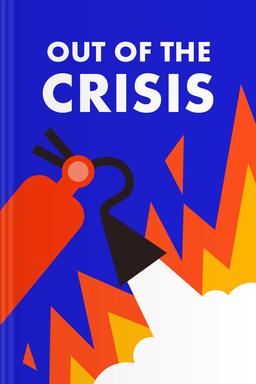You’ll learn
- How to redefine management
- What unites quality and output
- The benefits of long-term commitment
- What shapes industrial culture
Protect the world’s peace. Donate to support Ukraine

first KEY POINT
For American businessman William E. Conway, productivity metrics are like accident statistics. They warn you when there is an issue, yet they do little to prevent it.According to American business culture, quality and output are mutually exclusive: you can't have both, usually one or the other. Many plant managers have found that prioritizing quality leads to lower production while focusing on higher output, which results in decreased quality.
Executives in various firms are working to cure illnesses that affect the American industry. Significant progress has already occurred — cheaper expenses, enhanced competitive positions, and increased employee satisfaction are slowly becoming a reality.The secret to business sustainability is tempting, isn't it? Well, without further ado, let's uncover it together.
second KEY POINT
Back in 1950, Japan had a negative net value, lacking oil, coal, iron ore, copper, manganese, and even timber. Despite these limitations, Japan has developed a well-deserved reputation for low-cost, high-quality consumer goods. However, the country must still rely on exporting commodities to import food and equipment. This struggle to pursue excellence was a formidable challenge for Japan's senior management, but they managed to make it work.In contrast, Western economies' industries suffer from several issues. The most notable among these are:• Insufficient commitment to developing marketable products and services
• Excessive focus on short-term goals
• Lack of regular performance evaluations and merit ratings
• High management turnover
• Over-reliance on available statistics while ignoring unknown factors
• Uncontrolled medical expensesTo reverse the fall of Western industry and move forward, the West's management style must evolve. But first, the problem must be recognized and followed by action — a responsibility management must shoulder.There is now a management theory for increasing quality, productivity, and competitiveness, dispelling the notion that there's nothing left to learn about management. This theory provides business school students with a benchmark to evaluate their curriculum. Are schools trying to address contemporary issues, or are they displaying signs of obsolescence? Remember that obsolescence doesn't have to be intentional; it can simply appear.

Continue reading with Headway app
Continue readingfirst KEY POINT
second KEY POINT
third KEY POINT
fourth KEY POINT
fifth KEY POINT